Let's get more control over our quilting machine by sewing a frame weight - a rice or bean bag that puts pressure on the machine and helps us quilt better! Learn how to stitch this with me in this quilting tutorial:
I ended up making three frame weights for this tutorial - 40 inches long each. Two for my bigger Continuum Frame and the third for my Hoop Frame. I don't plan to make a longer frame weight for my Continuum Frame because it will likely be too challenging to move and store when not in use.

Frame Weight Materials List
5 1/2 x full width (40-44 inches) strip of fabric
2-3 pounds of rice or beans
Matching thread
Sewing Your Rice or Bean Bag Frame Weight
Fold the fabric in half right sides together and stitch from the small end, down the length and leave the opposite small end open for filling.
Fill the bag with rice or beans, fold over the top and stitch closed. Easy peasy!
Why Do I want a Bean or Rice Bag Frame Weight?
A frame weight adds extra pressure on your machine as it rolls across your frame. Extra weight means more control over your stitches.
When quilting on a frame, we have the opposite problem when quilting with a machine in a table: our sewing machine or longarm can move so smoothly on wheels that it's hard to quilt designs accurately without lots of practice.

However, practice will only get us so far. There is a limit to what my arm muscles can do and I doubt I'll ever get perfect control over my machines because they roll around so freely.
This is why I need a frame weight! The added weight will help my machine slow down so I can quilt on the line, travel stitch, and form smooth, even echoes more accurately.
I hope you'll give this a try and make a frame weight for yourself. It really can make a big difference and will improve your frame quilting dramatically.
Getting Geeky with Frame Weights
After sewing a few of these and quilting with them a bit, I got a bit geeky. Pulling out my kitchen scale, I discovered that even if I filled the tube tight, there could be a wide range in weight distributed on my machine.
My original frame weight pressed between 12 oz to 1.2 lbs on my machine. When it ran light, or when the tube flattened out on my hoop frame, it took up more space than I wanted and didn't provide enough stabilization.
So I decided to sew another frame weight, this time with a thinner tube (4-inch strip) and filled it full of BBs. The thinner tube, but heavier material resulted in the perfect frame weight that always averages over 1 lb of pressure on my machine.

As for the amount of BBs required, Josh bought me two of these 6000 count jugs of BBs and I used more than half of one:

The one downside of the BBs is they do poke out of the fabric and make the surface of the weight look a bit pimply. I might sew these again, but use a thicker weight fabric like cotton canvas.
All around, no matter how big your frame weight or what you decided to use to fill it, this is a great tool to use on your frame! The added stabilization is definitely helping my quilting and enabling me to quilt designs I couldn't quilt without it.
Check out more videos from this Start Quilting Series using the Free Motion Quilting Starter Kit:
#1 - Unboxing the Free Motion Quilting Starter Kit
#3 - FMQ Warm Up and Beginner Design
#4 - Beginner Skill Building Design Loops and Shells
#5 - How to Sew a Frame Weight
#6 - Testing the Frame Weight with Loops
#7 - Start Quilting Circles - Rocks and Pebbles
#8 - How to Quilt Loopy Hearts

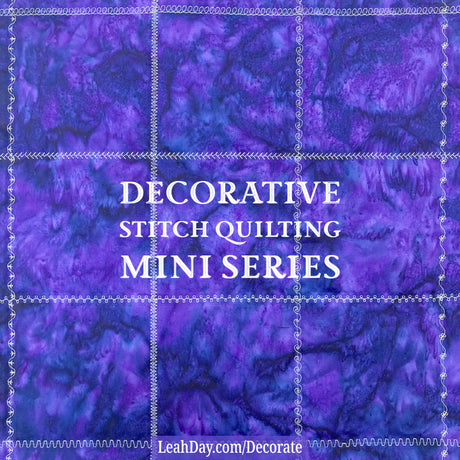

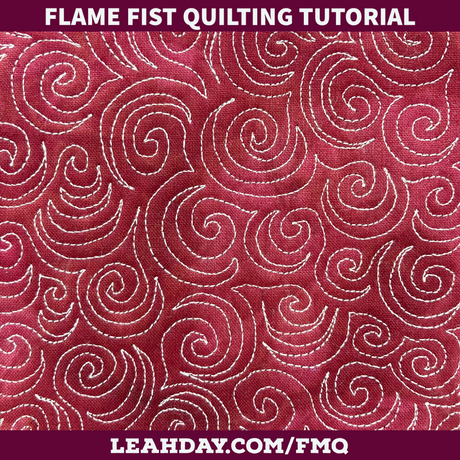
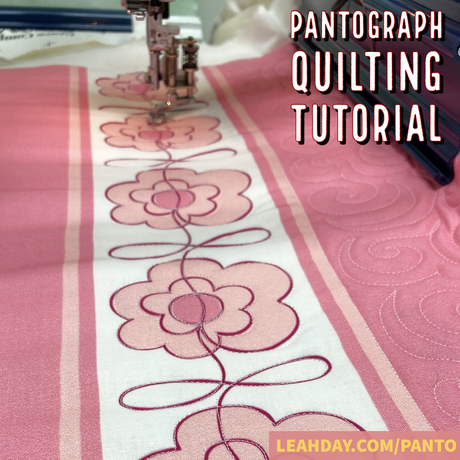

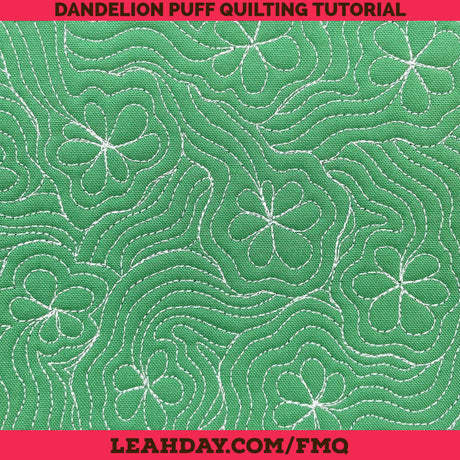
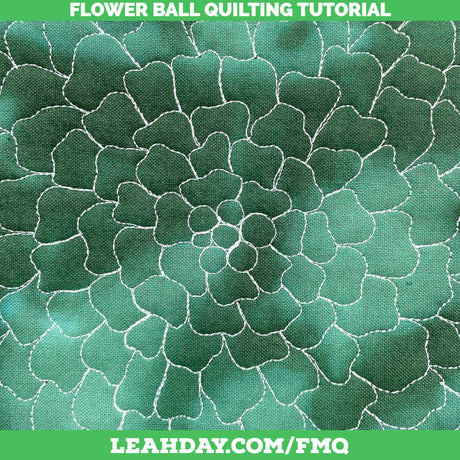
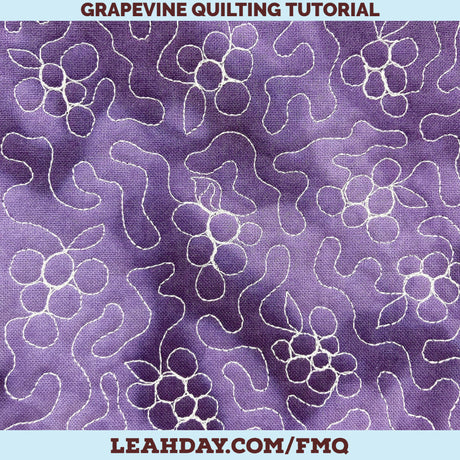
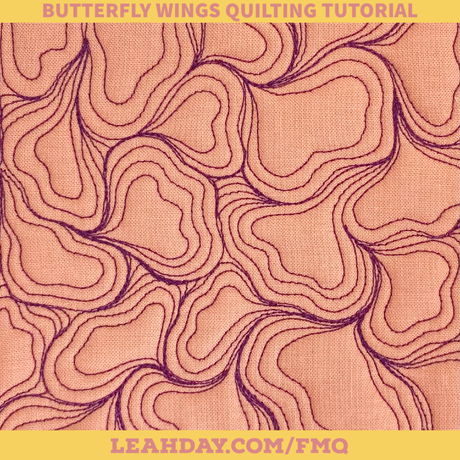
1 comment
Do you still recommend using bean bags to stabilize your quilt top or recommend using your most recent frame weights?
Wouldn’t tightening the quilt top keep from needing weights or better to keep quilt top less taut but still use weights because of uneven stitches/bouncing?